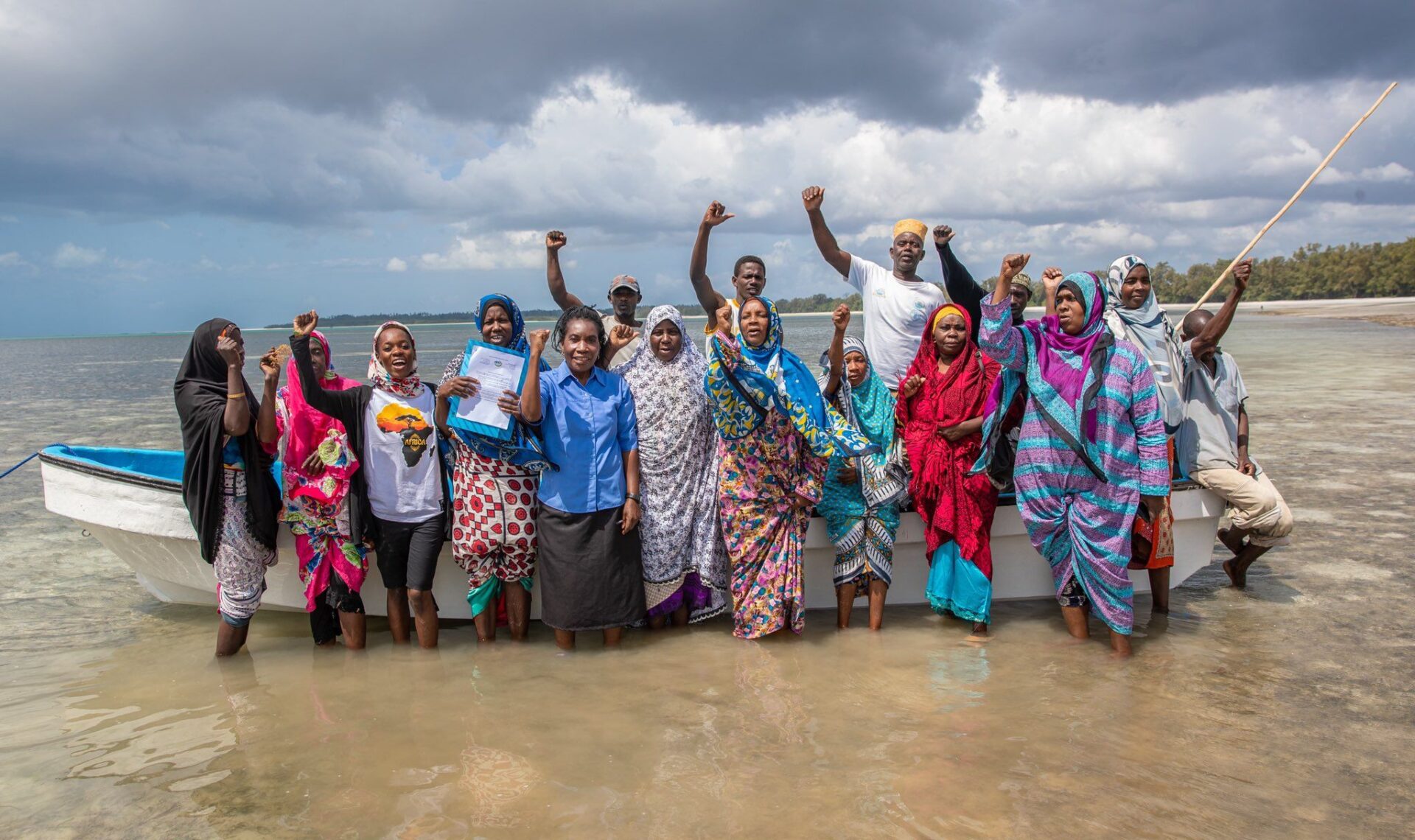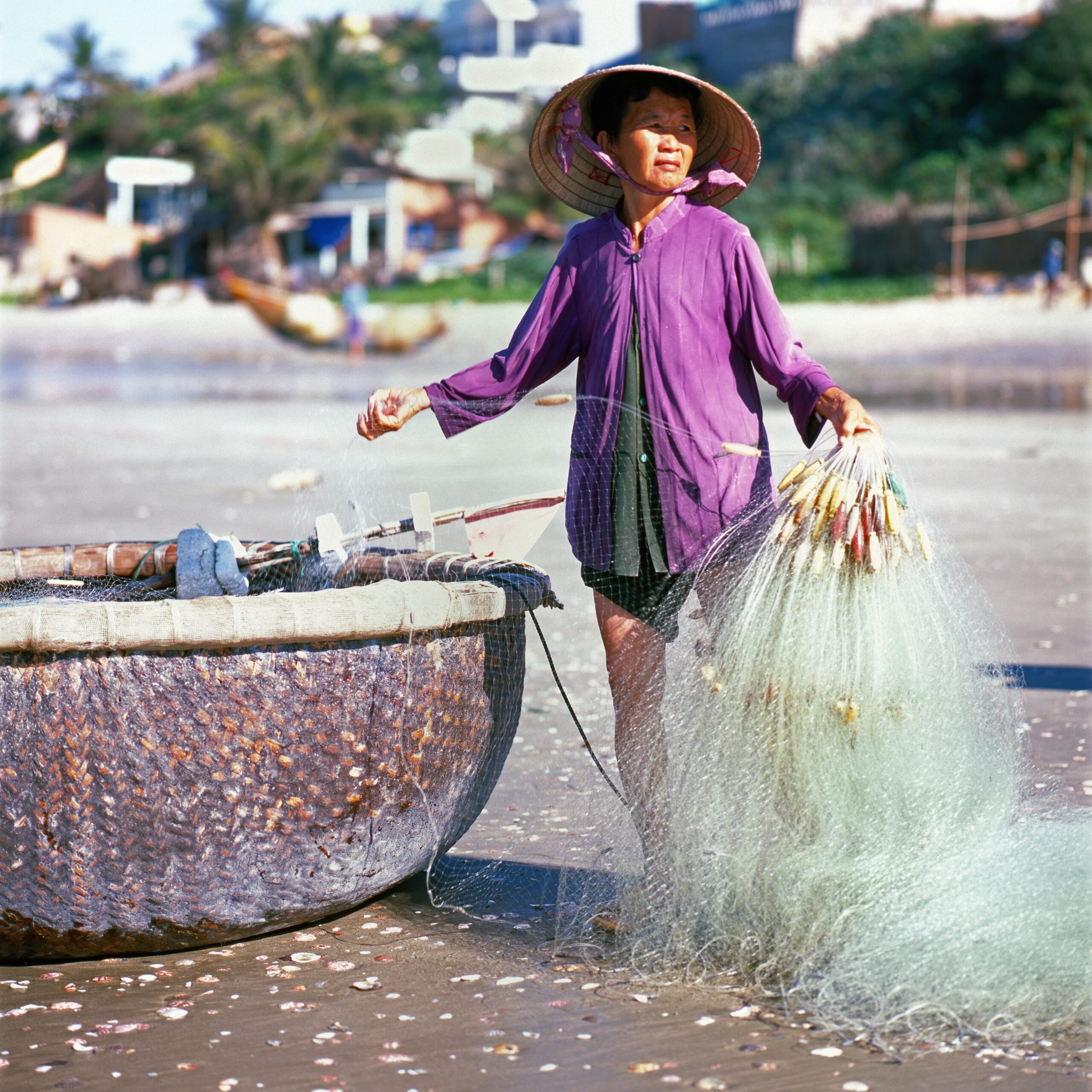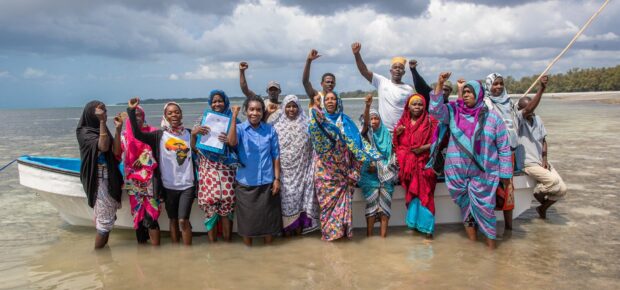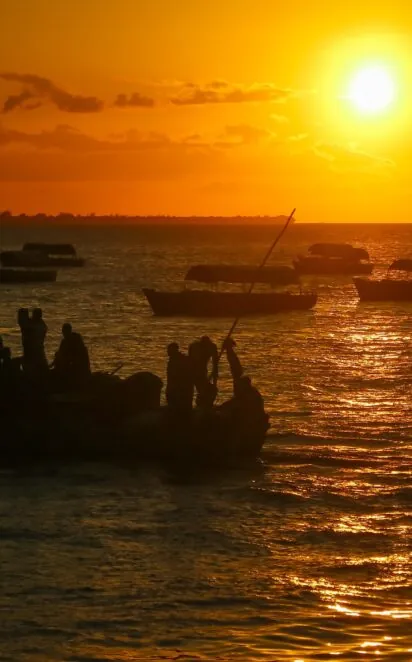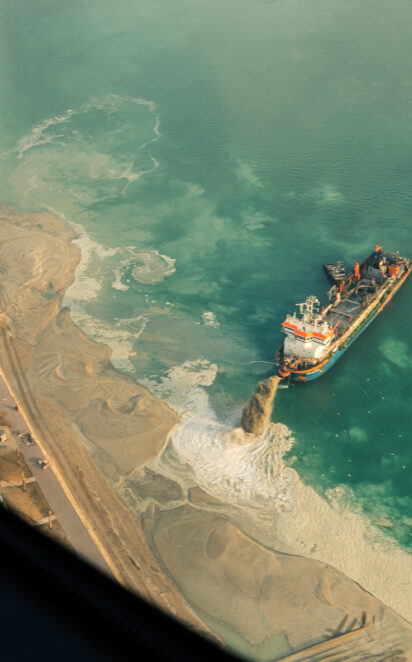Gender Dynamics of Ocean Risk and Resilience in the Global South – SRC
Project Lead: Stockholm Resilience Centre (SRC)
Supporting partners: Gulf of Maine Research Institute, Stanford Center for Ocean Solutions, University of British Columbia, Wildlife Conservation Society
Financial Support: The Government of Canada and the UK’s Blue Planet Fund
Location: Global South
Summary
ORRAA has commissioned ground-breaking research to analyse the gender dynamics of ocean risk, highlight the contribution of women to a sustainable blue economy with the goal to strengthen pathways to increase women’s engagement, and help foster fair and inclusive livelihood opportunities.
An initial report published in October 2021 highlighted the gender dynamics of ocean risk in two key sectors of the blue economy – small-scale fisheries and coastal tourism – and summarised efforts across Small Island Developing States (SIDS) and coastal Least Developed Countries (LDCs) to advance gender equitable approaches for the blue economy. Since then, further in-depth analyses of eight countries around Sub-Saharan Africa were published in 2023.
With further support from the Government of Canada and the UK’s Blue Planet Fund, the Stockholm Resilience Centre and the Stanford Center of Ocean Solutions alongside other supporting partners, are collaborating with local experts to develop factsheets for countries spanning diverse economic and social-ecological settings. The goal of this work is to increase the latest data and information while facilitating opportunities to increase women’s representation and participation in blue economy governance while strengthening social resilience.
Challenge
The Ocean, coastlines and coastal communities are on the front line of climate change and are significantly impacted by increasing carbon dioxide and other greenhouse gas emissions. Women are disproportionately vulnerable to the growing impact of ocean related risks and often lack access to opportunities to build resilience.
Both fisheries and tourism have been highlighted as pivotal sectors to achieving the Sustainable Development Goals. Women play crucial roles across fishery value chains and throughout the tourism sector. Yet women’s roles, contributions, priorities, and interests tend to be overlooked and undervalued across sectors, as well as in policy and management. In addition, women are underrepresented in policy and decision-making because of restrictive social-cultural norms.
Solution
By increasing knowledge of gender dynamics in the Global South, national gender analyses can help to expand the evidence base needed to strengthen social resilience and reduce risk by: 1) increasing recognition of women’s contribution to the blue economy while supporting their well-being; 2) help facilitate pathways to women’s greater engagement in fisheries governance in the Global South; and 3) foster fair and inclusive livelihood opportunities and benefits, that are in line with ambitions central to a sustainable blue economy, international human rights, and gender equality aspirations.
Scalability and Next Steps
This project is focused on advancing gender equality benefits to women and girls through improved welfare and action by delivering systematic analysis of gender in fisheries policies for 20 countries, delivering workshops and creating a publication summarising gender policy analysis with scalable recommendations.
These benefits extend beyond the individual, to women’s households and communities, and help countries realise their full development potential, especially within the context of a sustainable blue economy. Finance, in the form of Official Development Assistance (ODA) and climate risk insurance, play a critical role in supporting gender responsive (transformative) approaches to build resilience. Donors should demonstrate their commitment to, and leadership on, gender equality in development and resilience projects across the sustainable blue economy by increasing their total and proportional allocations to gender-focused programming.


